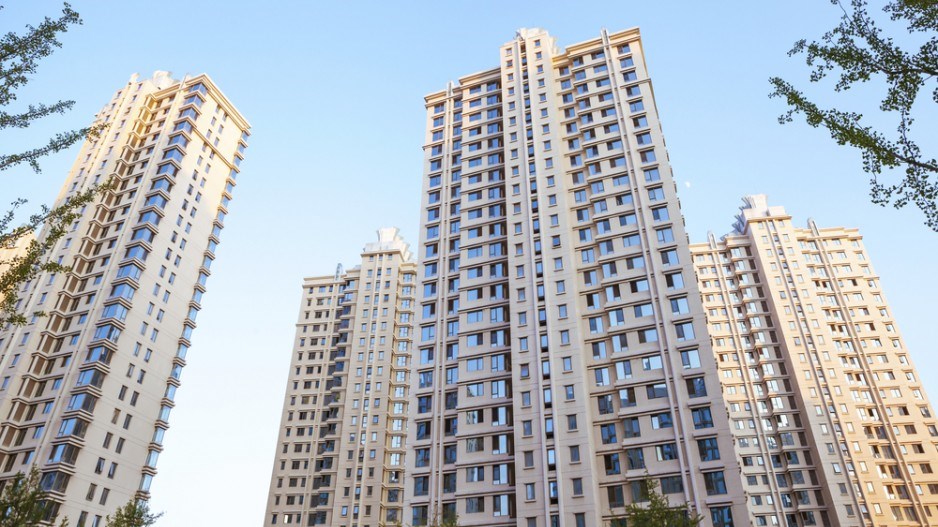A number of real estate stocks in China on Wednesday defied the overall market by hitting their daily trading limits before the market retreated slightly in the afternoon.
Greenland Holdings, Tieling New City and China Fortune reached their daily 10 per cent upper limits in morning trade. Greenland’s rally corrected in the afternoon to eventually close 6.98 per cent up. The other two stocks closed at nearly 10 per cent higher. The market as a whole finished down 0.22 per cent.
These stocks were boosted by large inflows of money. A Citic Securities report noted that the rally was driven by the flow of capital into the general market. Liquidity is moving from the property market to the stock market after the government clampdown on the country’s property market.
Meanwhile, at a forum in Beijing forum on Wednesday, Chongqing’s example over how to tame the property market was touted by industry insiders as better than just curbs on home buying to cool runaway housing prices.
“There is a Chinese major city that neither imposes restrictions nor curbs home prices, while average home prices in the past five years have risen only 12 per cent,” Meng Xiaosu, director-general of State-owned China National Real Estate Development Group Corp, told a forum organised by news portal sina.com.
Huang Qifan, mayor of the mega city with a population of 33 million, has been widely regarded as an economic and financial maverick who anchored the city’s land policy for the past 15 years.
In 2014, for example, the city supplied 1,865 hectares of land for building homes, compared with 313 hectares in Shanghai, 106 hectares in Shenzhen and 581 hectares in Beijing. As a result, average home prices in Chongqing has kept largely flat in the past year, at around 7,300 yuan per square metre.
That is a huge contrast with other major cities, where prices have surged 30 to 50 per cent in the past year.
Short supply is a fundamental factor behind the difference. Beijing has only sold 11 parcels of residential land, with a combined area of 110 hectares. In fact, governments in Beijing and Shanghai have in the past five years cut land supply quotas consecutively, in an effort to control the size of the cities.
Industry insiders have criticised the “structural distortion of land supply”, where supply is limited in cities with a large population influx, while building too many homes in cities with flat or dwindling populations.
Ren Zeping, the chief economist with Founder Securities, said land supply should be in accordance with population growth.
“It’s useless to curb the population, and the size of the cities,” he said.
Meng said it made no sense for cities like Beijing and Shanghai to reserve nearly 30 per cent of the annual new land supply for industrial land. In cities such as New York and Tokyo, industrial land accounted for less than 3 per cent of the new land, he said.




